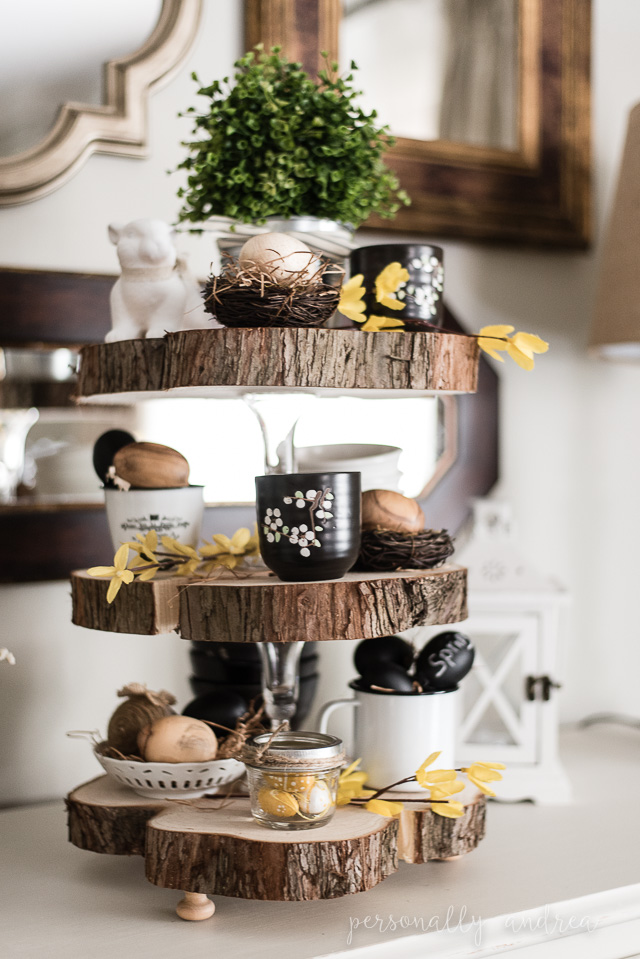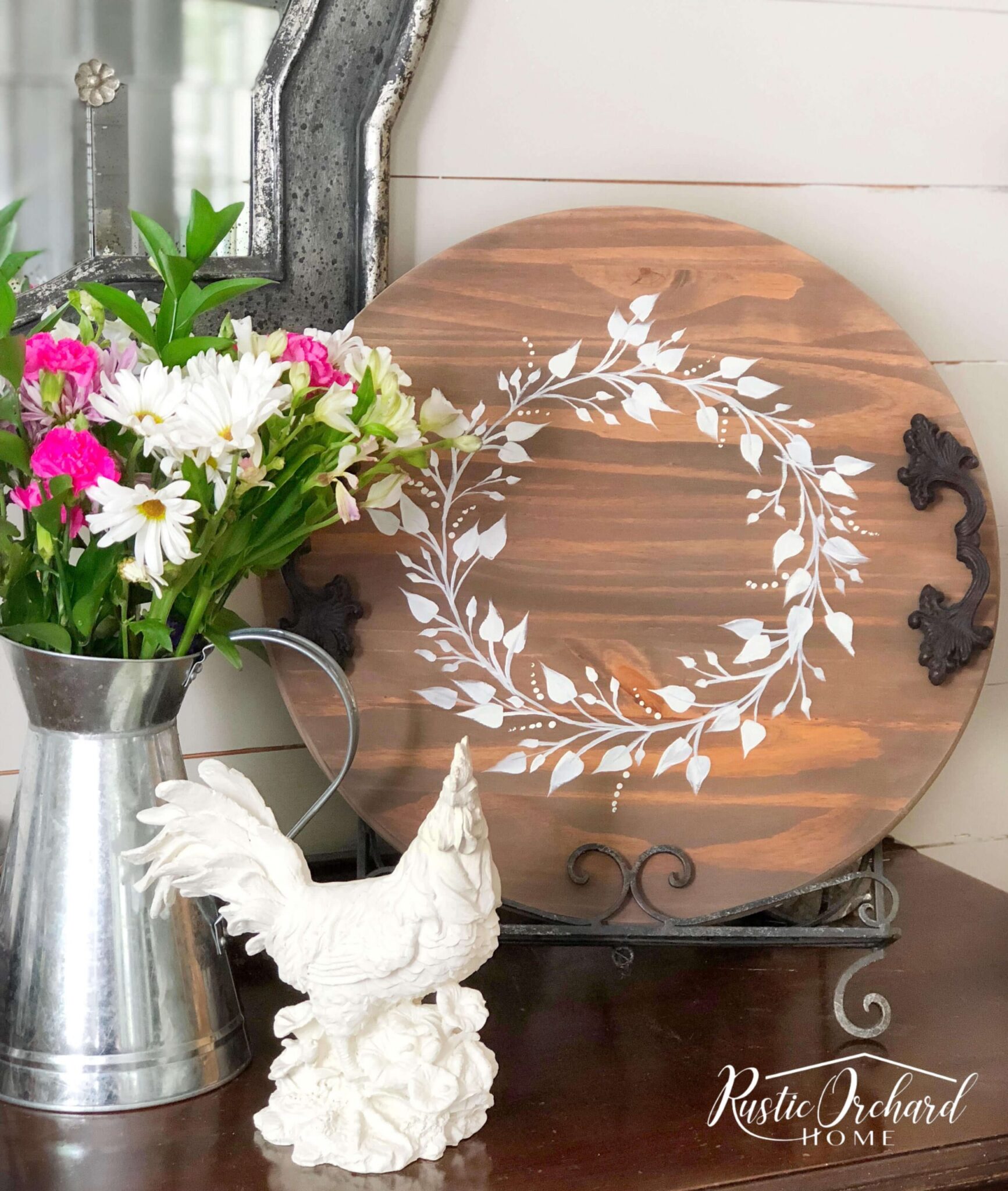Best Pets for Seniors: Companionship and Joy in Later Years
Best pets for seniors: find the perfect companion
Pets bring immeasurable joy, companionship, and purpose to our lives. For seniors, the right pet can provide emotional support, encourage physical activity, and create a sense of routine. Nonetheless, select the perfect pet require careful consideration of lifestyle, physical capabilities, and long term care requirements.
This comprehensive guide explore the best pet options for seniors, weigh the benefits and challenges of each to help older adults make informed decisions about bring a new companion into their homes.
Benefits of pet ownership for seniors
Before diving into specific pet recommendations, it’s important to understand why pet companionship can be specially valuable for older adults:
Physical health benefits
- Lower blood pressure and reduce stress
- Increase physical activity through walk or play
- Stronger immune system function
- Reduced pain perception
- More structured daily routines
Mental and emotional benefits
- Decreased feelings of loneliness and isolation
- Reduced symptoms of depression and anxiety
- Increase social interaction opportunities
- Sense of purpose and being needed
- Comfort and unconditional love
Research systematically show that seniors with pets tend to visit doctors less often and recover more rapidly from illness and surgery. The human animal bond create meaningful connections that enhance quality of life.
Key considerations when choose a pet
Before explore specific pet options, seniors should evaluate several important factors:
Lifestyle assessment
- Housing situation (apartment restrictions, yard space )
- Mobility limitations
- Travel frequency
- Daily energy levels and physical capabilities
- Financial resources for pet care
- Support system for emergency situations
Long term planning
- Pet’s expect lifespan
- Arrangements for the pet if care become impossible
- Financial provisions for the pet’s future
With these considerations in mind, let’s explore the near suitable pets for seniors.
Small to medium-sized dogs
Dogs provide exceptional companionship and encourage regular physical activity. For seniors, certain breeds stand out axerophthol peculiarly suitable companions.
Best dog breeds for seniors
Bichon frisé
These cheerful, cotton ball like dogs weigh 7 12 pounds and possess friendly, affectionate temperaments. Their minimal shedding make them ideal for seniors with mild allergies, though they do require regular grooming. Bichons are course sociable and adapt intimately to apartment living.
Cavalier king Charles spaniel
Know for their gentle, adaptable nature, these dogs (13 18 pounds )offer affection without excessive energy demands. They require moderate exercise and groom but provide devoted companionship. Their calm demeanor make them excellent lalapdogsnd emotional support animals.
Poodle (toy or miniature )
Extremely intelligent and trainable, poodles are hypoallergenic and come in various sizes. Toy poodles (4 6 pounds )and miniature poodles ( ( 15 pounds ) )fer the benefits of the breed without the size and strength requirements of standard poodles. They need regular grooming but shed minimally.

Source: petsradar.com
Shih tzu
These small companions (9 16 pounds )wewherebredspecifically for companionship. They require minimal exercise beyond short walks and indoor play. While their long coat need attention, many owners opt for simpler “” ppy cuts ” ” reduce grooming demands.
French bulldog
For seniors want a slenderly sturdier dog, Frenchies (16 28 pounds )offer affectionate companionship with minimal exercise requirements. Their short coat need little groom, though their facial wrinkles require regular cleaning. Note that they may have brbreathedifficulties in hot weather.
Benefits of dogs for seniors
- Encourage regular walking and outdoor activity
- Provide security and a sense of safety
- Offer structure routine through feed and walk schedules
- Create opportunities for socialization with other dog owners
- Provide loyal, demonstrative affection
Considerations before adopt a dog
- Dogs require daily walks irrespective of weather
- Training needs, particularly for puppies
- Need for regular veterinary care
- Arrangements for care during travel or hospitalization
- Potential for injury from pull or jump
Many animal shelters offer senior to senior adoption programs with reduce fees and support services. Adult or senior dogs frequently make ideal companions as they typically have established personalities and lower energy levels.
Cats: independent yet affectionate companions
Cats offer companionship with greater independence than dogs, make them excellent choices for many seniors.
Advantages of cats for seniors
- Self-sufficient with litter box training
- No need for outdoor walks
- Can be leave alone for longer periods
- Lower physical demands for care
- Typically, lower maintenance costs than dogs
- Calm presence and therapeutic purring
Best cat choices for seniors
Adult or senior cats
Cats age 3 + years have established personalities, make compatibility more predictable. Senior cat(( 7 + year)) frequently have regular calmer temperaments and lower energy needs. Adopt older cats from shelters provide homes to animals that are oftentimes overlook.
Rag doll
Know as” puppy cats ” or their dog like affection, rarag dollsre large, gentle cats that ofttimes enjoy being hold. They typically follow their owners around the home and adapt intimately to quiet environments.
Maine soon
Despite their large size, Maine coins are known a” gentle giants” with friendly, sociable personalities. Their intelligence and trainability make them engage companions without excessive energy.

Source: petsradar.com
British short hair
These sturdy, low maintenance cats offer affection without neediness. Their plush, dense coat require minimal grooming, and they typically maintain a calm demeanor throughout their lives.
Considerations for cat ownership
- Litter box maintenance requirements
- Potential for allergies
- Some cats may jump on counters or furniture
- Need for scratch posts to protect furniture
- Grooming needs to vary by bre( ( long haired cats require more attenti) )
For seniors with limited mobility, automatic litter boxes and feeding systems can simplify cat care substantially.
Birds: colorful, interactive companions
Birds offer engage companionship without the physical demands of dogs or cats, make them suitable options for many seniors.
Best bird species for seniors
Canaries
These small, colorful birds require minimal handling while provide beautiful songs and visual interest. They’re content in their cages and don’t demand physical interaction, make them ideal for seniors who enjoy watch and listen to pets quite than handle them.
Finches
Social and active, finches thrive in pairs or small groups, entertain their owners with constant movement and chirping. They require really little direct handling, reduce physical demands on their owners.
Budgerigars (budgies / parakeets )
More interactive than canaries or finches, budgies can learn to talk and perform simple tricks. They’re small adequate to be manageable yet offer significant personality and companionship. Many enjoy gentle handling and can bond intimately with their owners.
Cockatiels
For seniors seek more interactive birds, cockatiels offer affectionate personalities and impressive vocal abilities. They’re larger than budgies but relieve manageable, and many enjoy sit on shoulders or hands.
Benefits of bird companions
- Contain in cages, eliminate concerns about pets wandering
- No need for walk or outdoor activities
- Visual and auditory stimulation
- Lower cost than many other pets
- Comparatively, simple daily care requirements
Considerations for bird ownership
- Regular cage cleaning need
- Potential for noise (vary by species )
- Need for social interaction and mental stimulation
- Some birds live for decades (especially larger species )
- Sensitive to environmental factors like drafts and fumes
Birds can make excellent companions for seniors in apartments or facilities with pet restrictions, as they remain contained and create minimal disturbance.
Fish: calm, low maintenance companions
Aquariums provide visual interest and therapeutic benefits with minimal physical care requirements.
Benefits of fish for seniors
- Proven stress reduction from watch fish swim
- No noise, odor, or allergen concerns
- No need for walk or physical interaction
- Suitable for any live situation, include care facilities
- Scalable to different abilities (from simple bbetabowls to automate tanks ))
Best fish options for seniors
Beta fish
These colorful, distinctive fish can live in smaller tanks and have individual personalities. A single beta require minimal equipment and maintenance while provide visual interest.
Small community tanks
Guppies, tetras, and mollies are colorful, active fish that can coexist peacefully in community tanks. Their varied colors and constant movement create engage displays.
Goldfish
While require larger tanks than unremarkably believe, goldfish can live for many years and recognize their owners. They’re interactive and comparatively hardy when decent house.
Considerations for fish ownership
- Tank maintenance requirements (water changes, filter cleaning )
- Initial setup costs for tank and equipment
- Need for someone to feed fish during absences
- Potential difficulties with heavy water changes for those with limited strength
Automated feeding systems and maintenance services can make fish keep accessible fifty for seniors with significant physical limitations.
Small mammals: engage and manageable
Several small mammals offer interaction without the long term commitment or physical demands of larger pets.
Guinea pigs
Social, vocal, and comparatively farseeing lived (5 7 years ) guinea pigs form bonds with their owners and seldom bite. They’re large adequate to handle easy but small adequate to manage well. Their social nature mean they do intimately in pairs, provide entertainment as they interact with each other.
Rabbits
With proper socialization, rabbits become affectionate companions that can be bedding train and allow supervised time outside their enclosures. Dwarf varieties are peculiarly manageable for seniors. Their quiet nature makes them suitable for apartment living.
Benefits of small mammals
- Contain in cages when unsupervised
- Interactive without demand walks
- Soft and therapeutic to pet
- Entertain to watch
- Shorter commitment than dogs or cats
Considerations before adopt small mammals
- Regular cage cleaning requirements
- Need for fresh vegetables and special diets
- Potential for escaped pets in the home
- Some require specialized veterinary care
- May not be suitable for seniors with tremors or grip issues
Small mammals can provide many of the benefits of larger pets with more manageable care requirements, make them excellent options for many seniors.
Robotic and artificial pets
For seniors who can not manage living animals due to health, housing restrictions, or other limitations, technological alternatives offer surprising benefits.
Robotic companions
Advanced robotic pets like part (therapeutic seal ) joy for all companion pets ( (ts and dogs ),)nd aiboABOob( dog ) res)nd to touch, voice, and movement. Studies show these companions can reduce loneliness, agitation, and stress, specially for seniors with dementia or in care facilities.
Benefits of robotic pets
- No feeding, cleaning, or veterinary care
- No allergy concerns
- No risk of injury from manage animal care
- Allow in all housing situations and healthcare settings
- No need for arrangements during travel or hospitalization
While not replace the full experience of living animals, these technological companions can provide meaningful comfort and routine for seniors unable to care for traditional pets.
Practical tips for senior pet owners
Make pet care easier
- Elevated food and water dishes to reduce bending
- Automatic feeders and water fountains
- Lightweight, ergonomic pet care tools
- Pet steps or ramps for furniture access
- Easy clean litter boxes or self clean options
- Mobile grooming and veterinary services
- Pet sitting and dog walk services for assistance
Financial considerations
- Pet insurance for unexpected veterinary expenses
- Senior discounts at many shelters and veterinary practices
- Assistance programs through organizations like meals on wheels
- Establish a pet trust or care plan in estate planning
Find the right pet
Adoption resources for seniors
- Senior to senior adoption programs at local shelters
- Breed specific rescue organizations
- Foster to adopt options to ensure compatibility
- Organizations specialize in match seniors with appropriate pets
Questions to ask before adopt
- What’s this pet’s energy level and exercise needs?
- Does this pet have any special dietary or medical requirements?
- How does this pet respond to handle and groom?
- Is this pet already will train or will it’ll need significant training?
- What’s this pet’s typical temperament with visitors?
Conclusion: find your perfect companion
The best pet for any senior depend on individual circumstances, preferences, and capabilities. While dogs and cats offer the almost traditional companionship, birds, fish, small mammals, and regular robotic pets provide viable alternatives with different benefits and care requirements.
The key to successful pet ownership in the senior years lie in honest assessment of abilities, thorough research of species and breeds, and plan for both routine care and unexpected situations. With the right match, pets bring immeasurable joy, purpose, and companionship to seniors’ lives.
Consider start with temporary arrangements like foster or pet sitting to test compatibility before make a permanent commitment. Local senior centers, veterinarians, and animal shelters can provide valuable guidance in find the perfect companion for your golden years.
Remember that the benefits of pet companionship — reduce stress, increase activity, emotional connection, and daily joy — make the effort of find the right match worthwhile for many seniors seek to enhance their quality of life.
MORE FROM getscholarships.de













